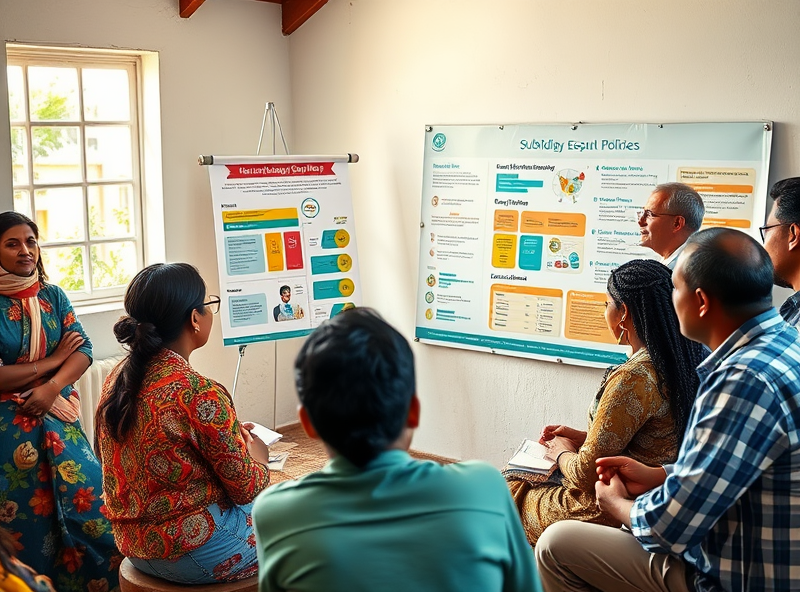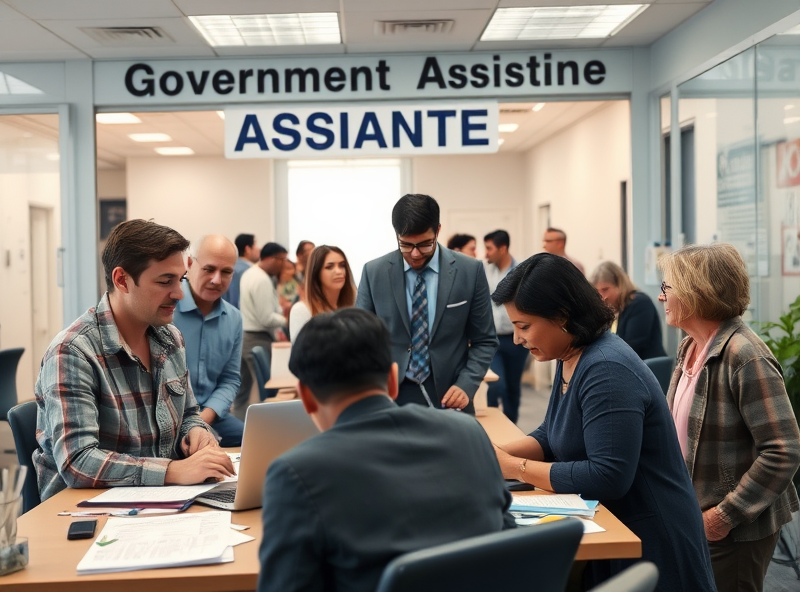Promoting Regional Equity

Government subsidies play a vital role in promoting regional equity by addressing disparities between urban and rural areas. Often, less developed regions face challenges such as limited access to education, healthcare, and infrastructure. Subsidies can help bridge these gaps by funding projects that improve public services, create jobs, and stimulate local economies. For example, subsidies can support the construction of schools and hospitals in underserved areas, ensuring that residents have access to essential services. Additionally, they can encourage businesses to invest in rural regions by offering tax incentives or grants, which in turn creates employment opportunities and fosters economic growth. By promoting regional equity, subsidies not only strengthen local communities but also contribute to a more balanced and inclusive national economy. It’s a win-win for everyone, ensuring that no region is left behind in the journey toward progress.
Encouraging Policy Compliance

Government subsidies are a powerful tool to support communities and drive economic growth, but their success often depends on policy compliance. Encouraging individuals and businesses to adhere to subsidy-related policies is crucial for ensuring that the benefits reach those who need them most. Clear communication is key—governments should provide accessible information about eligibility, application processes, and the intended use of subsidies. Transparency builds trust, and when people understand the purpose and impact of these programs, they are more likely to comply. Additionally, offering incentives for compliance, such as tax benefits or additional support for those who follow guidelines, can further motivate participation. Educating communities about the long-term advantages of these policies—like stronger local economies, improved infrastructure, and better public services—helps create a sense of shared responsibility. By fostering a collaborative approach, governments can ensure that subsidies truly strengthen communities and economies.
Boosting Industrial Competitiveness

Government subsidies play a pivotal role in boosting industrial competitiveness by providing businesses with the resources they need to innovate, grow, and compete on a global scale. These subsidies can take many forms, such as tax incentives, grants, or low-interest loans, and they often target industries that are critical for national economic growth, such as technology, manufacturing, and renewable energy. By reducing financial barriers, subsidies enable companies to invest in research and development, adopt cutting-edge technologies, and improve operational efficiency. This not only strengthens individual businesses but also creates a ripple effect, fostering job creation, enhancing supply chains, and driving overall economic growth. For communities, the benefits are equally significant—stronger industries mean more employment opportunities, better infrastructure, and a higher standard of living. When governments strategically allocate subsidies, they can empower industries to thrive while ensuring long-term economic resilience.
Empowering Vulnerable Communities

Government subsidies play a crucial role in empowering vulnerable communities by providing the necessary resources and support to help individuals and families thrive. These subsidies can take many forms, such as housing assistance, food programs, healthcare support, and educational grants. By addressing basic needs, subsidies enable people to focus on improving their quality of life, pursuing education, and finding stable employment. For instance, housing subsidies ensure that families have a safe and stable place to live, which is essential for children’s development and overall well-being. Similarly, healthcare subsidies allow individuals to access medical care without the burden of overwhelming costs, leading to healthier communities. These programs not only uplift individuals but also contribute to the broader economy by creating a more stable and productive workforce. Ultimately, government subsidies act as a safety net, fostering resilience and offering opportunities for vulnerable populations to break the cycle of poverty and achieve long-term success.



